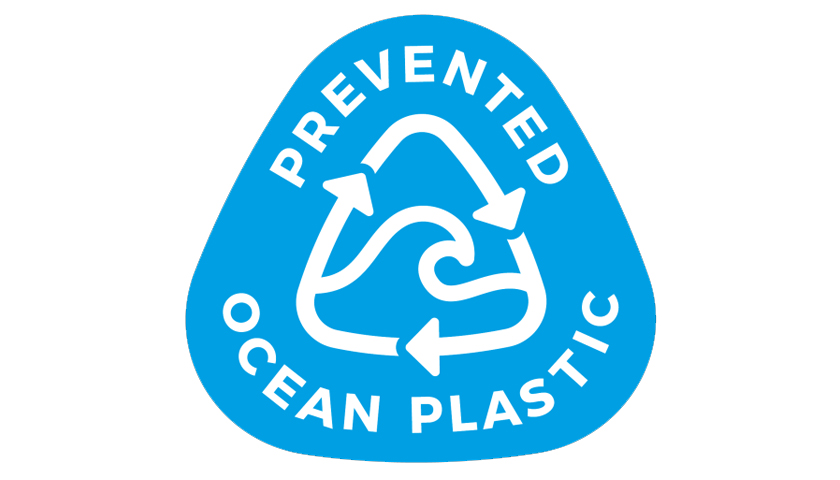Prevented Ocean Plastic and the University of Georgia announce a new research project to broaden our understanding of how litter on land ends up in the ocean. The research entitled ‘Inland Litter Hydrodynamics: Characterizing the Litter Transport during Wet Weather Events in Communities’ will help to create a tool to support stakeholders and community leaders to identify: the scale and type of plastic coming into their community; how it is used and what alternatives are available; how it is managed and what is leaking out into the environment. Community-level data provides an opportunity to reduce leakage and prevent ocean plastic pollution.
To date, most of the academic research has focused on litter entering the ocean from coastal areas, whereas evidence about how litter travels from further inland via stormwater is lacking. One part of this research will investigate how, after heavy rainfall and other wet weather events, litter from inland may end up in the ocean.
This type of research is vital as studies estimate that 11 million metric tonnes of plastic enter the ocean each year. It is estimated that, based on the trajectory we’re on, the annual flow of plastic entering the ocean will triple by 2040, to 29 million metric tons. The findings of this research will help further define and broaden our understanding of ocean-bound plastics. Data, especially open data and tools, that can empower communities to make choices that fit with their own context is critical to reducing the flow of plastics to the ocean.
Prevented Ocean Plastic is providing the funding to make this research possible, as well as supporting it with the Prevented Ocean Plastic Research Centre. The Prevented Ocean Plastic Research Centre is working with a team of researchers to investigate and apply their expertise to a wide range of themes relevant across the supply chain – from learning to better understand consumer attitudes and behaviours regarding plastic to obtaining insights on the lives of plastic waste collectors – while offering support (as needed) to this new project, such as helping provide access to research locations.
Prevented Ocean Plastic is the output of the branded, market leading and fully traceable Prevented Ocean Plastic recycling programme, supplied by Bantam Materials.
Raffi Schieir, Director of Prevented Ocean Plastic and Bantam Materials, said, “We are on a mission to solve the problems of the recycling industry, by providing sustainable, long-term recycling supply solutions that reduce the need for virgin plastic, support collection, and clean up our natural environment. The scale of the ocean plastic pollution problem is almost too big to comprehend. No one can solve this problem alone and it’s vital that businesses support academics and NGOs in the important work that they do. It’s vital that what we do is underpinned by research and we’re so pleased to be able to sponsor the University of Georgia’s research on this.”
The University of Georgia’s research, sponsored by Prevented Ocean Plastic, is made up of two parts:
|
Part 1 – Hydrologic Litter Transport Model |
The main goal of this project is to develop a tool capable of assessing inland litter hydrodynamics (ILH) during wet weather events. The Litter Transport Model (LTM) will help determine when and where the litter is within the community during and after a rain event. The tool will be developed and validated in the United States and then applied in other locations.
|
|
Part 2 – Circularity Assessment Protocol (CAP) |
The Circularity Assessment Protocol (CAP) provides a snapshot of a city’s circularity that can provide data for local, regional or national decision-making. The purpose of the CAP is to collect data that empowers a city to determine what current actions and activities are working, and to inform decisions and interventions to improve circularity as the city desires, including reducing leakage which has the potential for plastics to reach waterways and the ocean. |
Dr. Jenna Jambeck, University of Georgia, said, “For too long, communities have borne the burden of plastic pollution, from production to managing materials. Investigating not only what leaks out, but the input of plastics including what products and packaging are available, is critical for community-led decision-making about how to optimize circularity. Recycling is one component of circularity, and data about the larger systems will help communities work in their local context to continue to reduce and prevent ocean plastic.”
Dr. Felix Santiago-Collazo, University of Georgia, said, “Inland litter pollution continues to burden communities, especially underserved communities. Thus, creating a tool that could help this problem worldwide is the main focus of our research lab, Compound Inundation Team for Resilient Application (CITRA). The CITRA Lab motto is the nexus between research and practical solutions. Therefore, we are solving this litter issue by applied research that will be translated into practical solutions for the community. By identifying the litter hotspots after a rain event, stakeholders and community leaders can devise strategies to avoid litter accumulation at this location and prevent future litter from reaching a waterway, and eventually the ocean.”



[…] Prevented Ocean Plastic Funds University Of Georgia Research To Further Understand How Inland Litter… […]